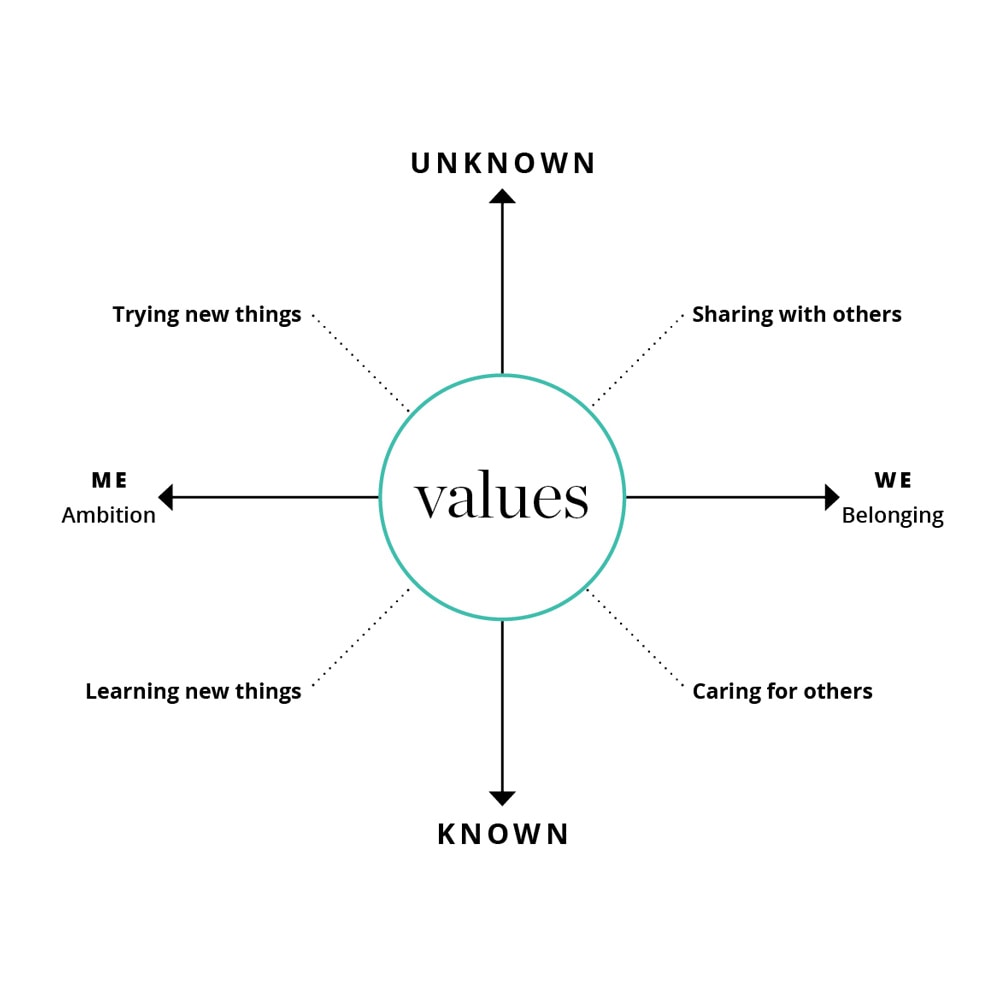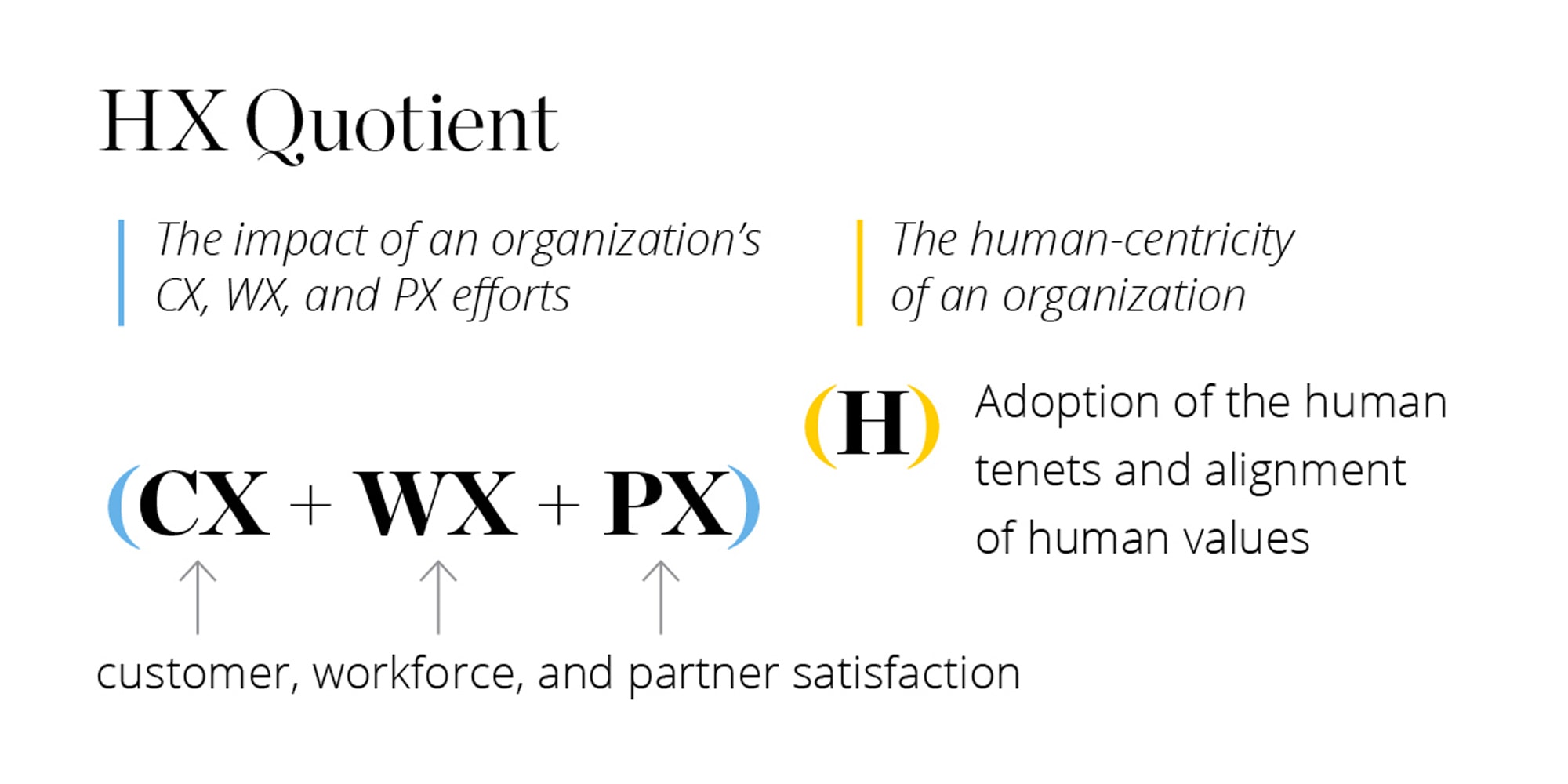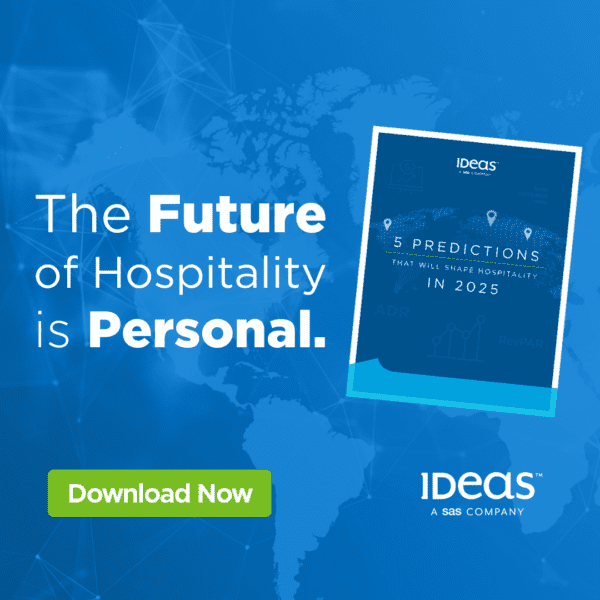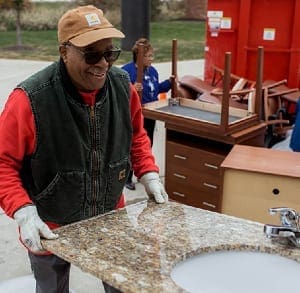The delight of a luxurious weekend getaway. The relief after a long day of travel. The joy of a family adventure exploring a new city.
A hotel room is much more than a place to lay your head—it’s the setting for new experiences and the feelings that accompany them. These uniquely human feelings are easy to recognize, but almost impossible to describe.
Did you know that 80 percent of the decisions we make each day are based on the state of mind we’re in during that decision process? Over the past five years, revenue growth has slowed for over 66 percent of hotel brands in the US, indicating that most hospitality businesses are not capitalizing on our states of minds and feelings as an opportunity to influence our decisions and make a lasting impression.
It’s the $19.2 billion question—how can businesses harness the power of human experience to drive growth, revenue, and success?
In an effort to measure the human centricity of an organization, we’ve created a new algorithm, the Human Experience Quotient. It combines the impact of customer experience (CX), the workforce experience (WX), and the partner experience (PX) and raises them to the power of H, which represents the alignment to human values. Then, we quantify these values through the Human Values Compass (see below), a tool that allows organizations to survey and assess the values of humans in their ecosystem, and to identify strategies and tactics that bring them into closer alignment.

Elevating the human experience
Recently, we calculated the Human Experience (HX) Quotient and built corresponding Human Values Compasses for nearly 50 hotel brands across seven distinct categories. Not surprisingly, we found a strong positive correlation between the alignment of HX Quotient components and financial performance within a category. When hotels deliver a truly elevated human experience, they win. In fact, across pricing tiers, winners captured more than 30 percent higher revenue per average room as compared to low performers within their category. Most notably, the “share” value consistently rose above the rest, ranking as the number 1 or number 2 value for 83 percent of brands across all hotel categories.

What’s driving these results? We found that customers expressed a desire to be social with others, to share opinions, and to be heard. Our previous research confirmed that the basics—a clean room and perceived value—are no longer differentiators in the hospitality space. This finding goes a step further to suggest that guests reward brands that welcome conversations around their unique perspectives and experiences.
We also found that successful brands transcend the average daily rate. All too often, the terms “luxury” and “experience” are used synonymously. However, our findings support a range of customer, workforce, and partner values across categories, which in turn impact expectations, experiences, and financial performance. We observed winners in the luxury, upper-upscale, upscale, and economy categories. And we found that winning brands have an opportunity to align their customer, workforce and partner values through differentiated experiences.
Idiosyncrasies of the luxury category
The values of customers in the luxury category differed most greatly from those in other categories. For instance, 75 percent of luxury consumers value ambition (the me factor on our compass); this category was the only one that displayed a higher incidence of ambition than belonging (we). These consumers are likely to seek challenging situations, seize opportunities, and be willing to sacrifice their free time to get ahead. They are also more likely to value curiosity (the unknown) over control (known). When you add in a lower-than-average price sensitivity, it’s highly likely that these customers are asking brands to surprise and delight in the experiences they offer. Happy hour in a hot air balloon, anyone?
“Sea of sameness” in midscale
In the upper-midscale and midscale categories, no brands emerged as clear winners. It was not surprising to find that the values compasses in these categories vary tremendously across brands. Continued disruption from home share, boutique, independent, and extended stay options indicate that the opportunity to dominate these categories still exists.
How can a brand take advantage of this opportunity? Start by putting the human back at the core of all activities. Fifty-eight percent of customers say that a brand is their favorite for emotional reasons. By identifying customer, employee, and partner values, then creating experiences that anchor on these values, brands will drive a feeling of connection that ultimately leads to a stronger, more mature human experience.
Prioritizing partners
We often hear that franchise model brand standards make it impossible to deliver an exceptional experience. We disagree; our research suggests that the corporate parent should prioritize franchisee relationships the same way they do their workforce. The majority of franchise owners feel unsupported and do not believe they make a fair profit. This feeling can undermine a hotel’s ability to deliver on the expectations of hotel guests and the workforce.
From the hotel guest’s perspective, most are unaware of hotel’s business structure. We urge brands not to let their business model get in the way of harmonizing values across the humans that matter in the moments that matter. Imagine having franchise partners that are truly passionate about serving guests and nurturing employees. Their insight would help inform capital investments, employee training, marketing strategies, ongoing support, and more—ultimately positioning themselves for strong, stable growth.
Think differently
As technology continues to reshape every aspect our lives, brands are becoming less human in how they operate. Yet humans want to feel like they are understood and connect with a brand that views them as more than a customer rewards number. We want to make human connections.
The need for human connection is why we developed this quantifiable, measurable approach to help our clients achieve alignment across customer, workforce, and partner experiences—ultimately elevating the human experience. As organizations shift their mindset to be more human-focused, fostering connections with customers will create loyalty and drive business results.
Download The Human Experience in Hospitality for more research results.
Ashley Reichheld is a Principal in Deloitte Consulting LLP and the leader of the Customer and Marketing practice for the Automotive, Transportation, Hospitality, and Services sector.
Mark Allen is a Principal in Deloitte Consulting LLP and the leader of the Customer and Marketing practice.
Dorsey McGlone is a Managing Director in Deloitte Consulting LLP and the leader of the Customer and Marketing practice.
Emily Ballbach is a Manager in the Strategy and Consumer Insights practice.
Maggie Fletcher is a Senior Consultant in the Customer and Marketing practice.














